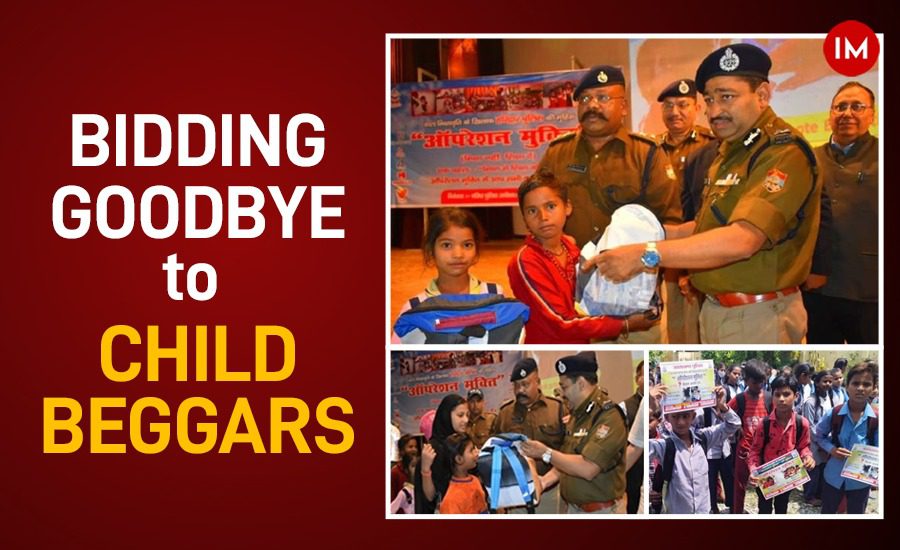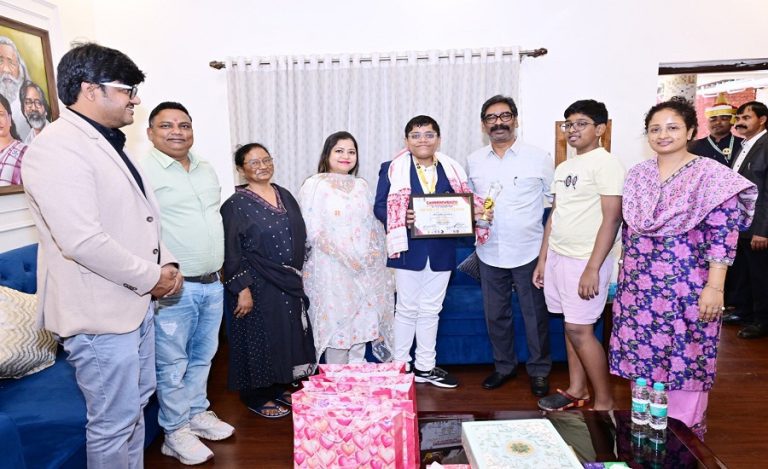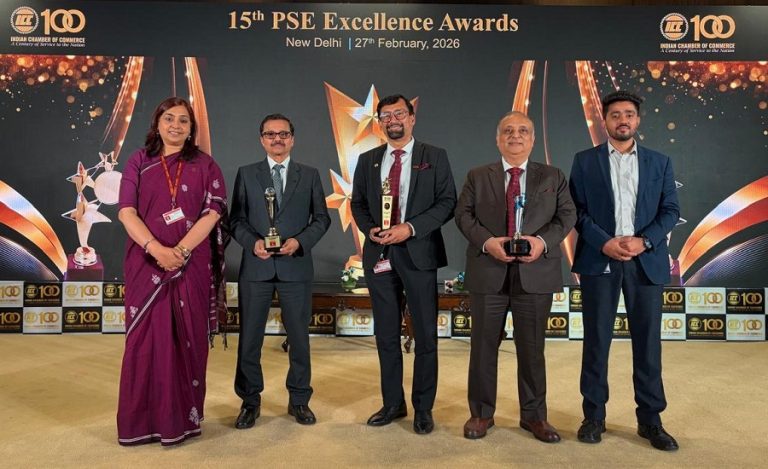The children of today are the assets of tomorrow. But education, a fundamental right, remains a utopian fantasy for many oppressed and impoverished children who are pushed into begging, often by their parents. Their dreams crushed, thousands zigzag their way daily through crowds towards tea shops, markets, over bridges, signals, buses, and trains, begging for alms from every passerby with sad, innocent eyes.
When IPS officer Ashok Kumar, currently posted as the DGP of Uttarakhand, came across one such child beggar at a traffic signal, he knew he had to do something to get these kids out of this misery, once and for all. Indian Masterminds exclusively spoke with the officer to learn more about the project.
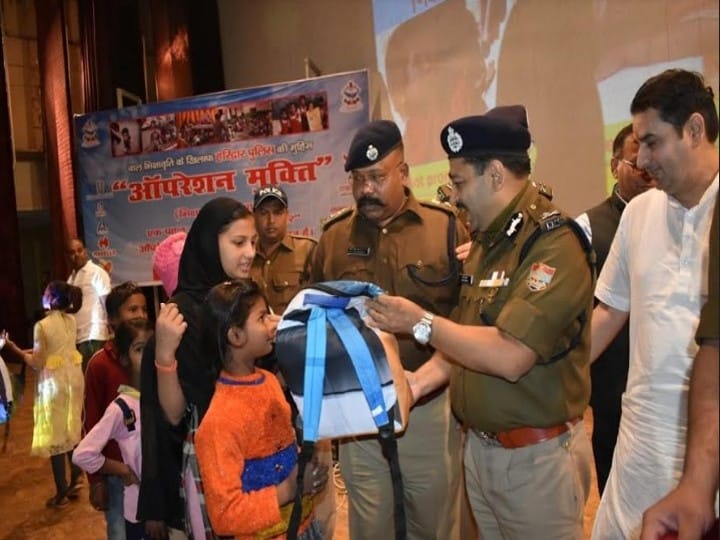
DECADES OF STRUGGLE
Even decades after the Children Act 1960 came into force, child begging still remains a worry for the country. With the theme of ‘Bhiksha nahi, Shiksha do’, the project aims at mukti (liberation) from child begging and labor.
“We need to ensure their childhood is not ruined. People think that by giving these kids money, they are helping them. In fact, it is pushing them further into child begging,” the officer told Indian Masterminds.
RESCUING AND REHABILITATING
The campaign, which is the DGP’s brainchild, aims to rehabilitate these children by enrolling them in government schools. Of over 4,000 child beggars in the age bracket of 5-15 years identified in the hill state, the DGP and his team of anti-human trafficking unit have rescued more than half from begging in the past five years.
“In 99 percent of cases, we have found that children are forced into begging by parents because they do not want to work. On average, a child gets Rs. 500 a day from begging. This comes to a total of around Rs. 15,000 a month. Even a daily wager earns less. So, parents become idle and make their kids beg,” Mr. Kumar explained.
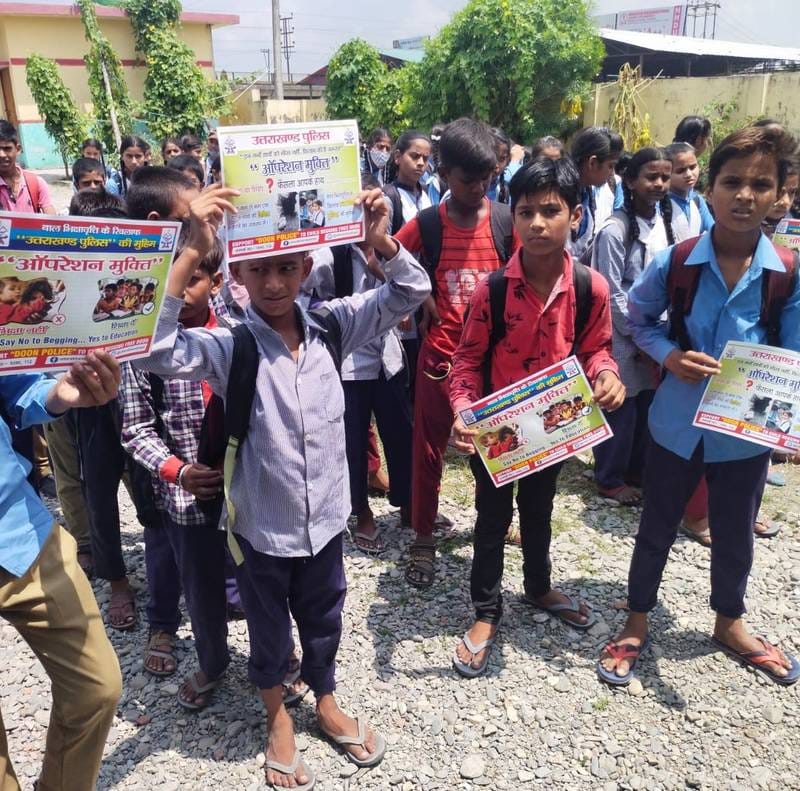
FOLLOW UP
Identifying child beggars is easy. But, enrolling and retaining them in schools is challenging. Many times, children drop out of schools where the police enroll them. Parents also tend to remove them from schools forcefully, which is why the officer has to work consistently to provide them with education.
“With regular follow-ups and counseling of parents, we motivate them to work. In the initial phase, the dropout was 50 percent. This has reduced to twenty percent now,” said the DGP.
A HOLISTIC APPROACH
Forcing kids to beg is a crime, and parents could be jailed for this. However, Mr. Kumar tries to counsel them, as sending parents to jail would lead to innocent children losing their caretakers. Nevertheless, it doesn’t mean that they will be allowed to commit the crime again and again.
“We wanted to help them in an organized manner by ending this from the root. Due to a lack of education, some children could turn towards crime. Going to school will stop this tendency towards crimes. We want to connect them to the mainstream,” said Mr. Kumar.
In this campaign, people have also been made aware that they should do their duty by giving education to the children, and not by giving alms. With citizen engagement, the police could make it possible.
“People have come out and offered books and uniforms to the kids. Since we do not believe in opening a donation account, the public directly donates to the child. We do not take any financial support,” stated the officer.
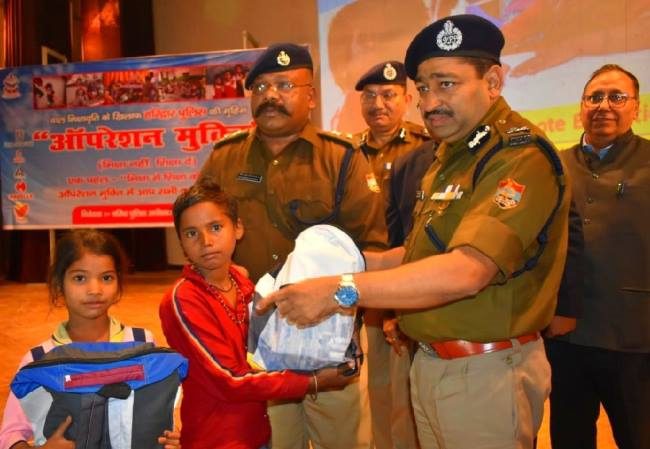
A BRIGHTER FUTURE
“It’s a great satisfaction to see these children go to school. In the next step, we are trying to track brilliant kids out of these and support their higher education,” he told Indian Masterminds.
The DGP’s work was also highlighted in the 2022 book titled ‘Best Practices on Smart Policing’ – a book on the good work done by the police and other police organizations of different states across the country.
Operation Mukti is not just a campaign, it’s a lifeline for countless children who were once trapped in the cycle of begging. By emphasizing education over alms, the initiative is sowing the seeds of a brighter future for these young souls.
Through the relentless efforts of DGP Ashok Kumar and his team, child begging is being gradually replaced with the pursuit of knowledge and dreams. It serves as a beacon of hope, reminding us all that the path to a better society begins with ensuring that every child has access to their fundamental right – education.

